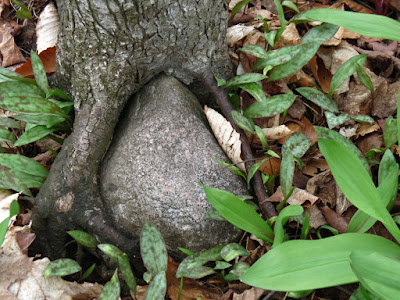Our
country today is politically polarized. The gap is widening between the haves and
have-nots, with the middle disappearing. Is this the worst time in American
history? How can anyone say? This is where we are now. A hundred and fifty
years ago, none of us living now were yet alive.
A
younger friend asked me once, “What were the Sixties really like?” Well, the
answer depends on the person you ask. High school students and college students
had very different experiences, military families quite different again, and the
rich and powerful, as always – well, they live on a different plane from
the rest of us, don't they?
How old are you? Where did you grow up? Are you black or white,
yellow, brown or red?
In
the United States at large, we enjoyed great music in the Sixties -- and
mourned terrible assassinations. The decade brought Black Power and the Black
Panthers, a story told in the novel Virgin Soul, by Judy Juanita, but urban and
rural dwellers knew the Sixties in very different ways, as Anne-Marie Oomen
reveals in her memoir, Love, Sex, and 4-H.
Across
the United States and elsewhere in the world, there were protests against the
war in Vietnam until American troops were finally pulled out. But
in southeast Asia itself, life in warn-torn Vietnam brought years of terror
that did not end when the Americans left, or as the Sixties bled into the Seventies, because it’s one thing to have your
country involved in an overseas war and quite another to have a war in your
backyard.
Andrew
X. Pham, author of Catfish and Mandala: A Two-Wheeled Voyage through the
Landscape and Memory of Vietnam (1999), has just given me an unforgettable reading
experience. His father, an engineer and “a man of regrets,” also a former
Nationalist, was a prisoner of the North Vietnamese Communists following the
American withdrawal. (An and his mother, highly enterprising and deeply
superstitious, lived near the prison camp to watch over the head of the family,
while other children lived with grandparents.) One of six children, An (his
Vietnamese name) was the second-born. After his father was mysteriously
released from prison, and before he could be recaptured and executed – the fate
he expected, had the Communists learned of his background as a Nationalist
propaganda director -- the family escaped from Vietnam.
An
was eight years old when his family came to America, but growing up in
California he remembered his Vietnamese childhood. Those memories were the
inspiration for his return visit as a young adult, to explore by bicycle (on a
limited amount of money difficult for native Vietnamese who never left home to
believe is all he has) the country he left so long ago.
For
Americans and for Vietnamese, the Sixties were a world-changing decade. One
friend of ours volunteered for the draft with a buddy, right out of high
school. His buddy never came home, and our friend still asks himself what his
life would have been like “if I hadn’t gone to Vietnam.”
During
his often difficult travels, Andrew Pham asks himself again and again, what his
life would have been like had his family stayed in Vietnam. He
realizes that his good fortune was very much an accident of birth. Different
parents, different life. Seeing firsthand terrible poverty and corruption in
the country that might still have been his home, he is grateful for his good
fortune, despite resentments and prejudice he encountered growing up in the
U.S.
The
Sixties were a long time ago, an era sanctified in retrospect by some and
reviled by others. If you weren’t around then, this obituary for Daniel
Berrigan will give you some idea of what you missed during that period in the
United States. There was a lot more to it than tie-dye and drugs, beads and
funny clothes.
Rest
in peace, Daniel Berrigan. You got your work done.





